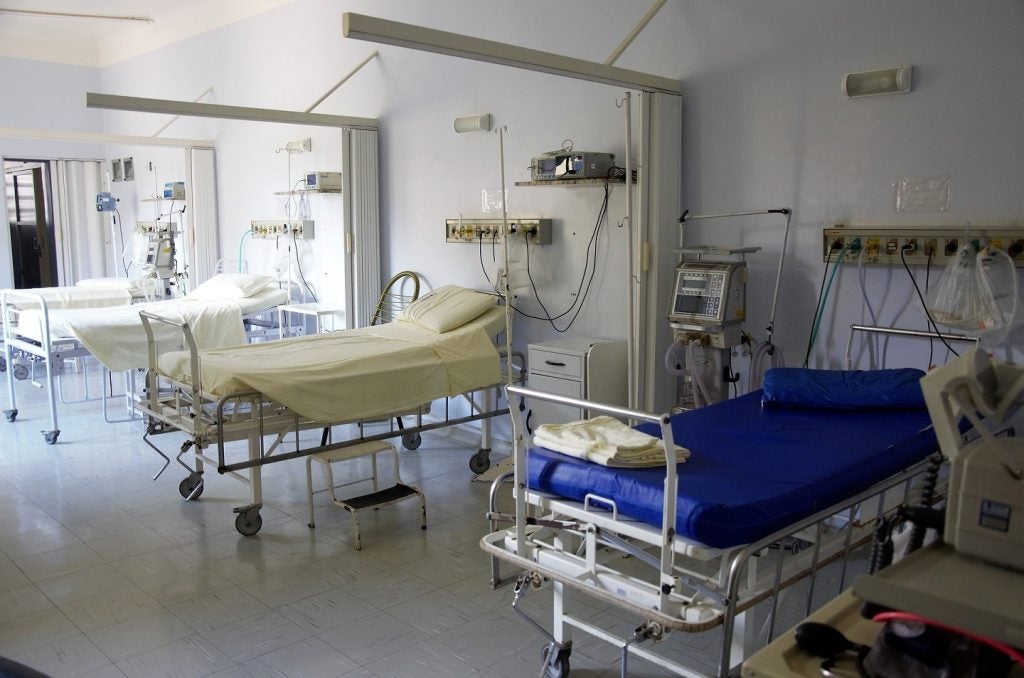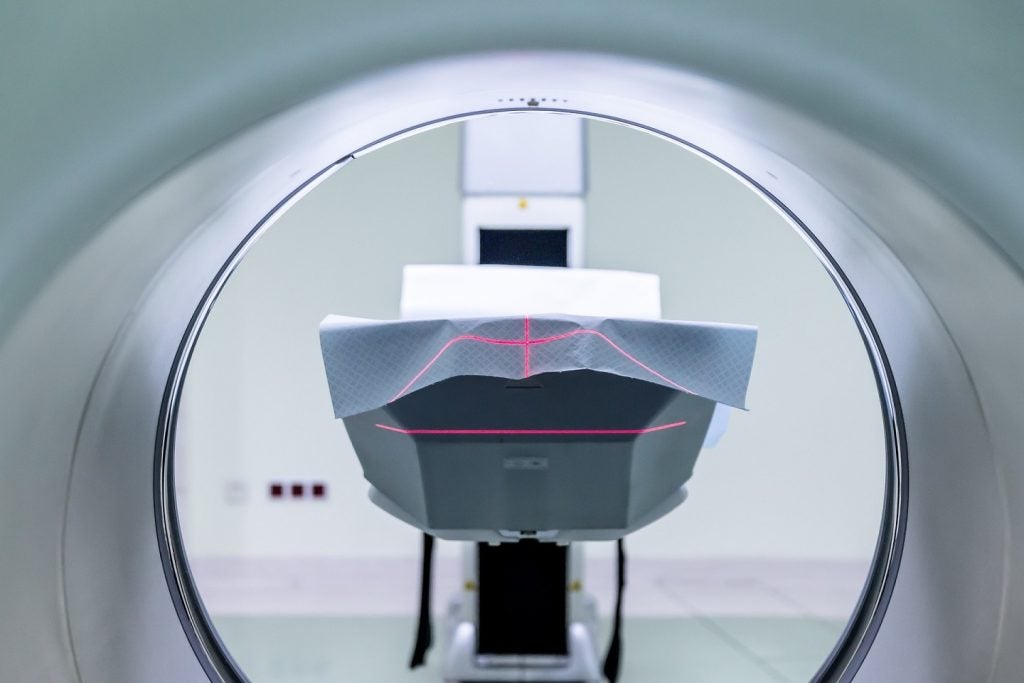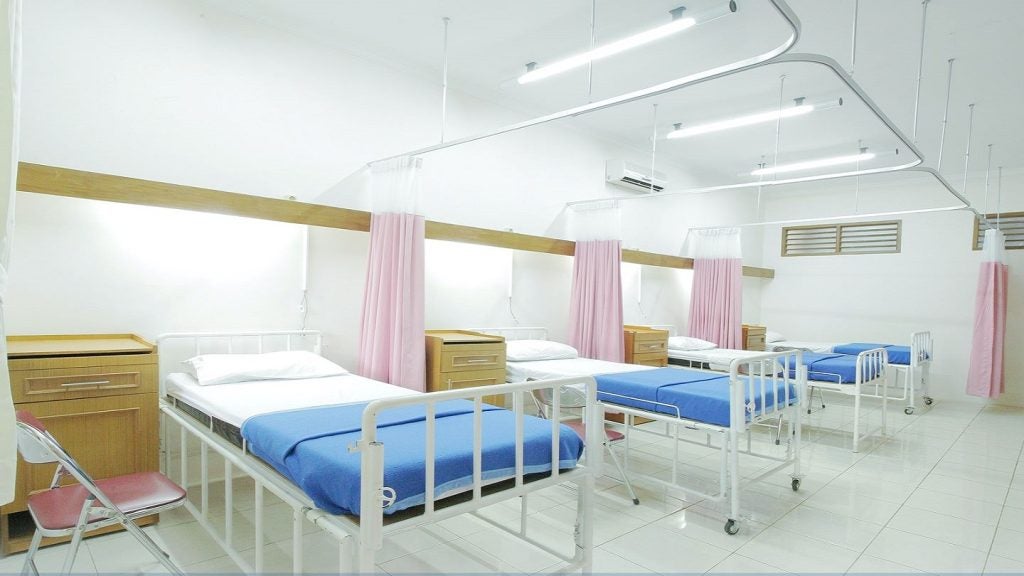North West Anglia NHS Foundation Trust in the UK is set to trial a new remote interpreting service, 'Interpreters on Wheels', for on-the-spot translation, reported BBC News.
The new service is expected to allow medical staff to quickly contact live interpreters for more than 170 languages, thus helping remove potential language hurdles between patients and staff.
North West Anglia NHS Foundation Trust-managed Peterborough City Hospital at Bretton Gate, Peterborough, and 349-bed Hinchingbrooke Hospital at Hinchingbrooke Park in Huntingdon will test the mobile translation service in emergency units to help bring down waiting times.
North West Anglia NHS Foundation Trust linguistic and interpretation department service coordinator Alex Papp was cited by BBC News as saying that the trial, which is planned for a period of four weeks, makes use of iPads on trolleys and the Language Line Insight application.
Papp noted that the service helps the staff with live interpreters in "more than 170 languages, in less than 30 seconds".
In addition to voice calls, the system also offers video calls, which is capable of interpreting 42 of the 170 languages, including British Sign Language.
Papp added: "At the moment, when it comes to interpreting, machine translations are not quite there yet, so we rely on actual qualified, experienced interpreters that have knowledge of medical terminology.”
A team of in-person interpreters has been accessed by the two hospitals for the use of the new system, which is expected to become a permanent addition to the hospitals’ services.
In addition to Peterborough City and Hinchingbrooke hospitals, the statutory, not-for-profit, public benefit corporation North West Anglia NHS Foundation Trust runs Stamford and Rutland Hospital.















